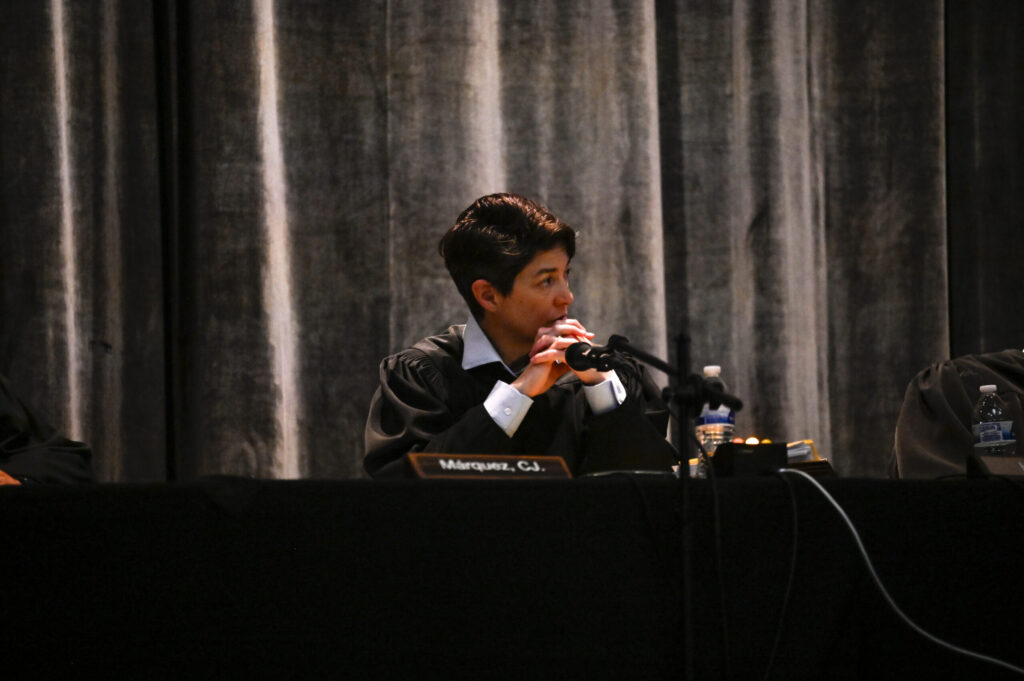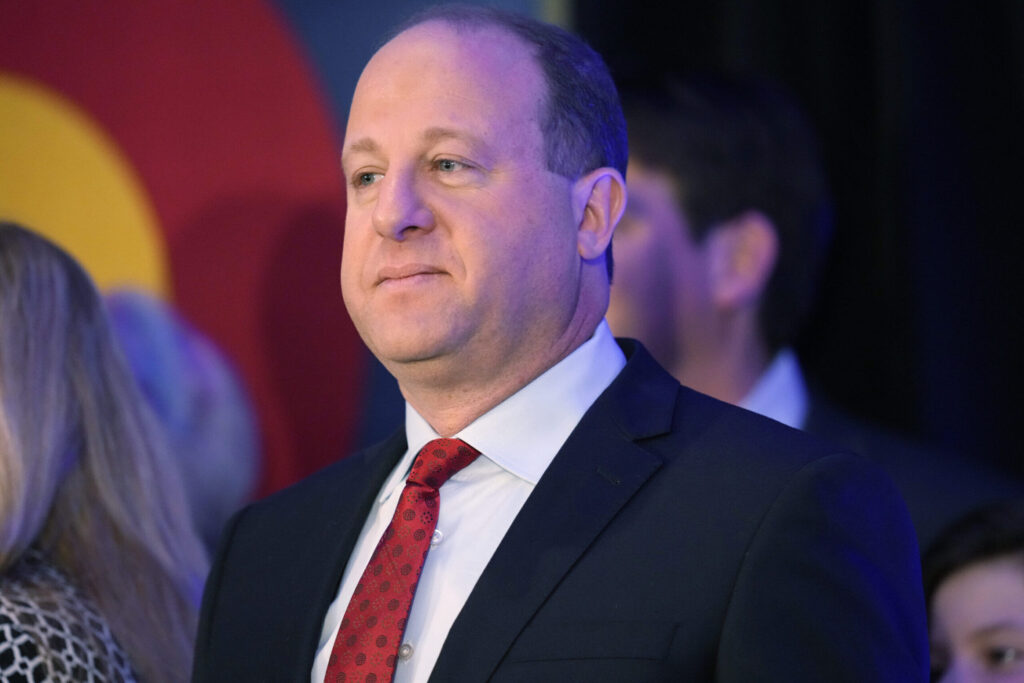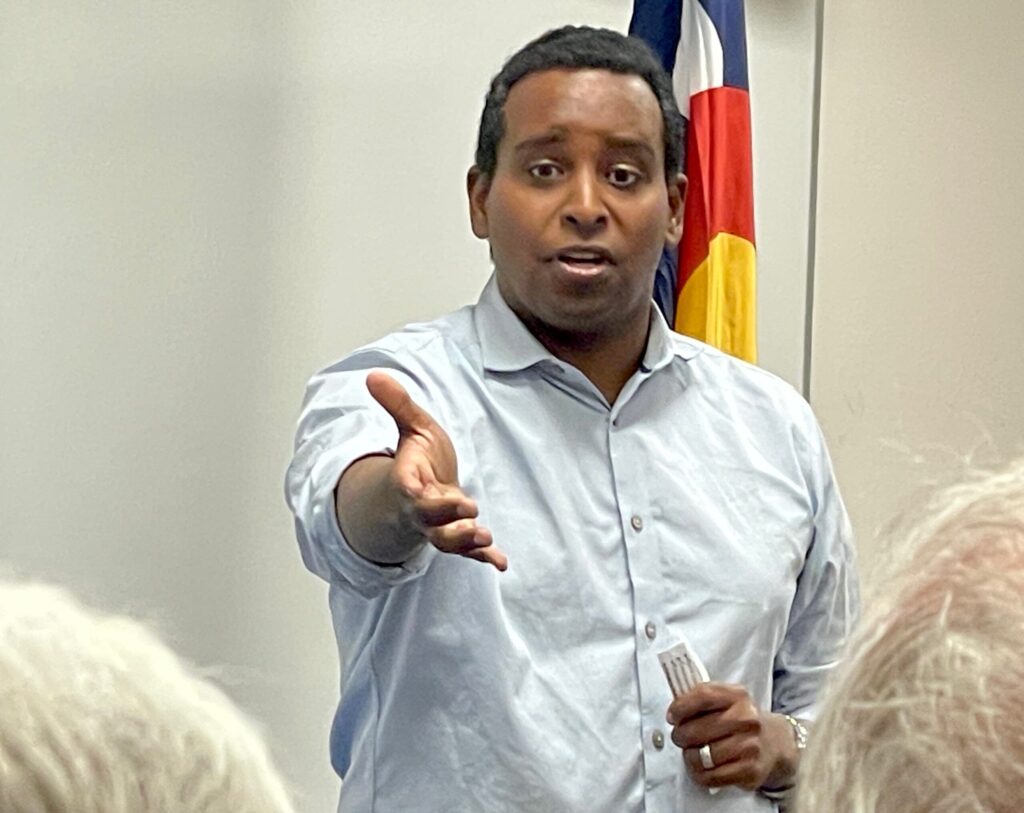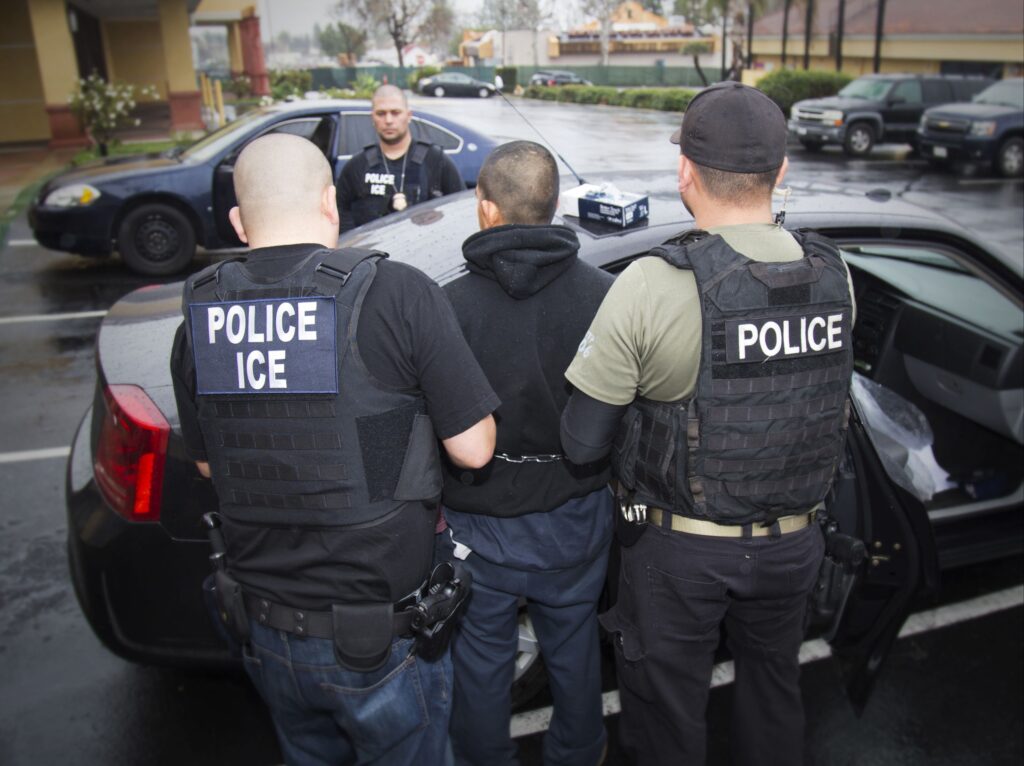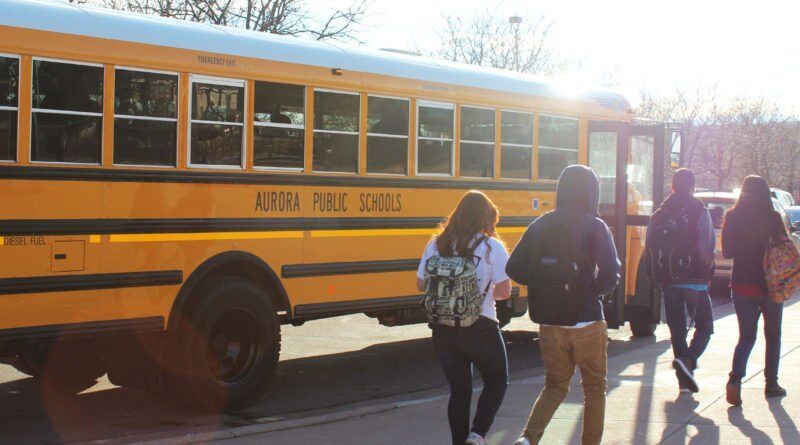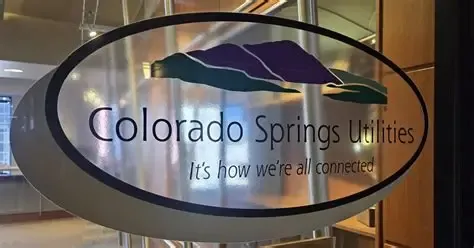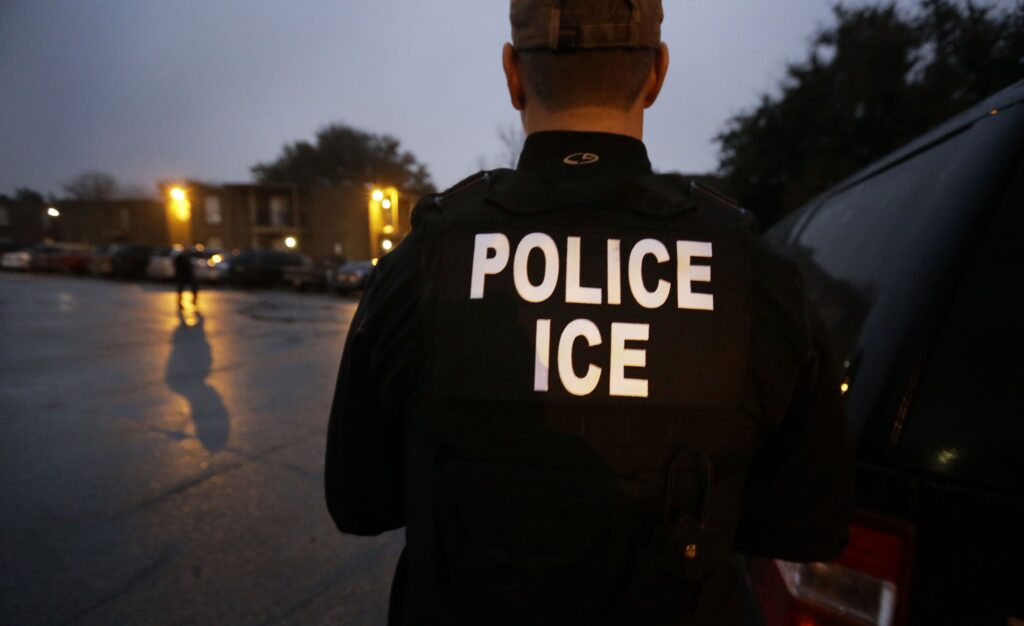South Dakota wants Trump’s statue garden near Mount Rushmore despite opposition | OUT WEST ROUNDUP
SOUTH DAKOTA
State wants statues at Mt. Rushmore
SIOUX FALLS — Officials in South Dakota are pushing hard to build President Donald Trump ‘s proposed National Garden of American Heroes in the Black Hills near Mount Rushmore, but the effort has sparked a backlash from Indigenous groups who see the area as sacred.
A mining company has offered to donate 40 acres less than a mile from Mount Rushmore, where massive sculptures of four of the nation’s most prominent presidents are carved out of granite.
“The Black Hills mark the perfect location to achieve your vision for the National Garden of American Heroes,” Republican Gov. Larry Rhoden wrote in a letter to Trump.
But the Black Hills have long been the subject of disputes between South Dakota and its tribes. The 1868 Treaty of Fort Laramie recognized that the Black Hills belong to the Sioux people, but the U.S. government seized the land less than a decade later to mine for gold. A 1980 Supreme Court decision found that the U.S. violated the treaty, but the tribes refused the $1.3 billion in compensation they were offered and maintained their rights to the land.
Colorado Legislature approves Sand Creek memorial as Oklahoma tribes say they were left out
Trump signed an executive order earlier this year to build the garden, to feature 250 life-size statues of historical figures in honor of the country’s 250th birthday on July 4, 2026. Applications for sculptors are due in early July, though the administration no longer seeks to have it completed by next summer.
Darren Thompson, director of media relations for the Indigenous nonprofit Sacred Defense Fund, called for more discussions with Indigenous groups in the Black Hills.
WYOMING
Judge pauses vouchers for lawsuit
CHEYENNE — A district court judge has temporarily halted payouts from Wyoming’s Education Savings Account program, which were scheduled to go out on July 1, while he considers action in an ongoing lawsuit.
Earlier in June, several Wyoming parents and the Wyoming Education Association filed a lawsuit against the state, claiming the Steamboat Legacy Scholarship Act violated the state constitution.
US Secretary of Education McMahon, Colorado Gov. Jared Polis discuss education changes
The act introduced a new universal school voucher program, which expanded the existing Education Savings Account program. The voucher program now offers families $7,000 per child annually for non-public school education costs, primarily private or homeschool education, regardless of income.
The lawsuit asks the courts to block the program, which the plaintiffs say violates the Wyoming constitution by using taxpayer dollars to fund private education. Plaintiffs also argue the voucher program does not guarantee a uniform and quality education for students.
Both parties appeared in Laramie County District Court for a hearing, after which Judge Peter Froelicher determined that he would temporarily halt the allocation of ESA funds while he “took the matter under advisement.”
During that time, the program is still allowed to process applications and pay employees. He noted that he intends to have a formal opinion written by “mid-July-ish.”
MONTANA
Tribes move to challenge election law
A group of tribes in Montana alleges a new election law will disenfranchise Native voters and has moved to join a lawsuit challenging it.
On June 24, the ACLU of Montana, American Civil Liberties Union nationally and Native American Rights Fund filed a motion to intervene in an existing case on behalf of a group of tribal plaintiffs, including the Northern Cheyenne Tribe, Blackfeet Nation, Confederated Salish and Kootenai Tribes, Fort Belknap Indian Community and Western Native Voice.
In their complaint, the group of tribal plaintiffs argues the changes to Election Day voter registration outlined in Senate Bill 490 disproportionately harm Native Americans in rural and tribal communities who already face significant barriers to voting.
Mesa County postal worker sentenced for identity theft and forgery in ballot-stealing scheme
The new law changes the deadline for registering to vote or changing voter information. Where previously anyone in line by 8 p.m. on Election Day could register to vote and then cast a ballot, the new law, signed by Gov. Greg Gianforte on May 5, closes voter registration at noon on Election Day — generally on Tuesdays — and ends the ability to register on the Monday before an election. State lawmakers who supported the legislation argued it would curb long lines and benefit election workers; opponents said it was unconstitutional.
Northern Cheyenne Tribal President Gene Small called the bill “anti-democratic.”
“When you live miles and miles from the nearest polling place, and the roads are snowed in all morning, taking away eight hours of Election Day registration creates real life problems for everyday voters,” he said in a statement.
The lawsuit, originally filed in May by the Montana Federation of Public Employees, also challenges another bill which revises voter identification laws.
ARIZONA
Governor OK’s funds for stadium
PHOENIX — Arizona Gov. Katie Hobbs signed legislation on June 27 that funds up to $500 million in renovations to Chase Field, home of the Arizona Diamondbacks.
The bill, which won bipartisan support in both of the state’s GOP-controlled chambers, will use sales tax revenue from the stadium and nearby buildings for infrastructure upgrades over the next 30 years, including improvements to air conditioning systems and the stadium’s retractable roof.
The team said it will also contribute $250 million for the renovations at the stadium, which is located in downtown Phoenix and is surrounded by small businesses and restaurants that see a boost of activity during the baseball season.
The legislation is one of a handful of bipartisan deals that Hobbs, a Democrat, prioritized negotiating during the session. She says the funding is a responsible use of taxpayer dollars, will provide good-paying jobs and ensure the Diamondbacks do not leave Phoenix.
Attendance at games has increased since the team’s 2023 run to the World Series, where the Diamondbacks lost to the Texas Rangers. This season they are averaging 31,420 fans per game — the highest in two decades.
Denver approves NWSL soccer stadium agreement, but money questions linger
Derrick Hall, president and CEO of the Diamondbacks, praised the governor and said the team will turn its attention to extending its lease with Maricopa County.
The Diamondbacks have spent nearly three decades in their downtown ballpark, which is owned by the Maricopa County Stadium District.
Democratic state Sen. Mitzi Epstein, who voted against the funding, said Hobbs’ support for the bill was wrong and hurtful for Arizonans. She said she was disappointed that amendments to create public benefits such as free streaming of games failed.



